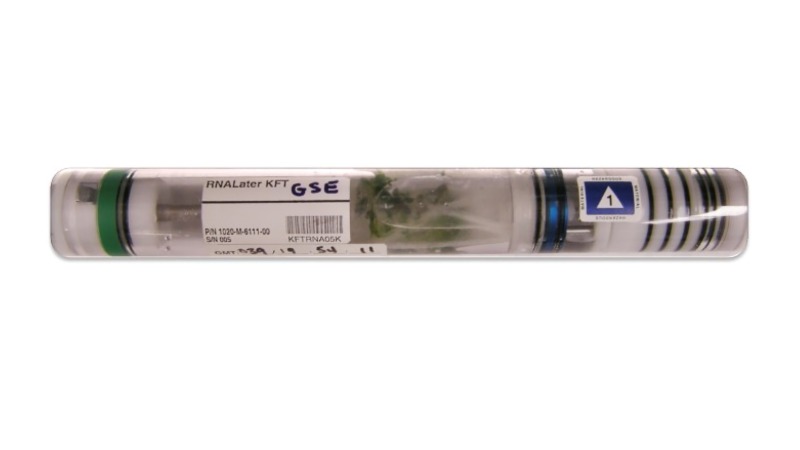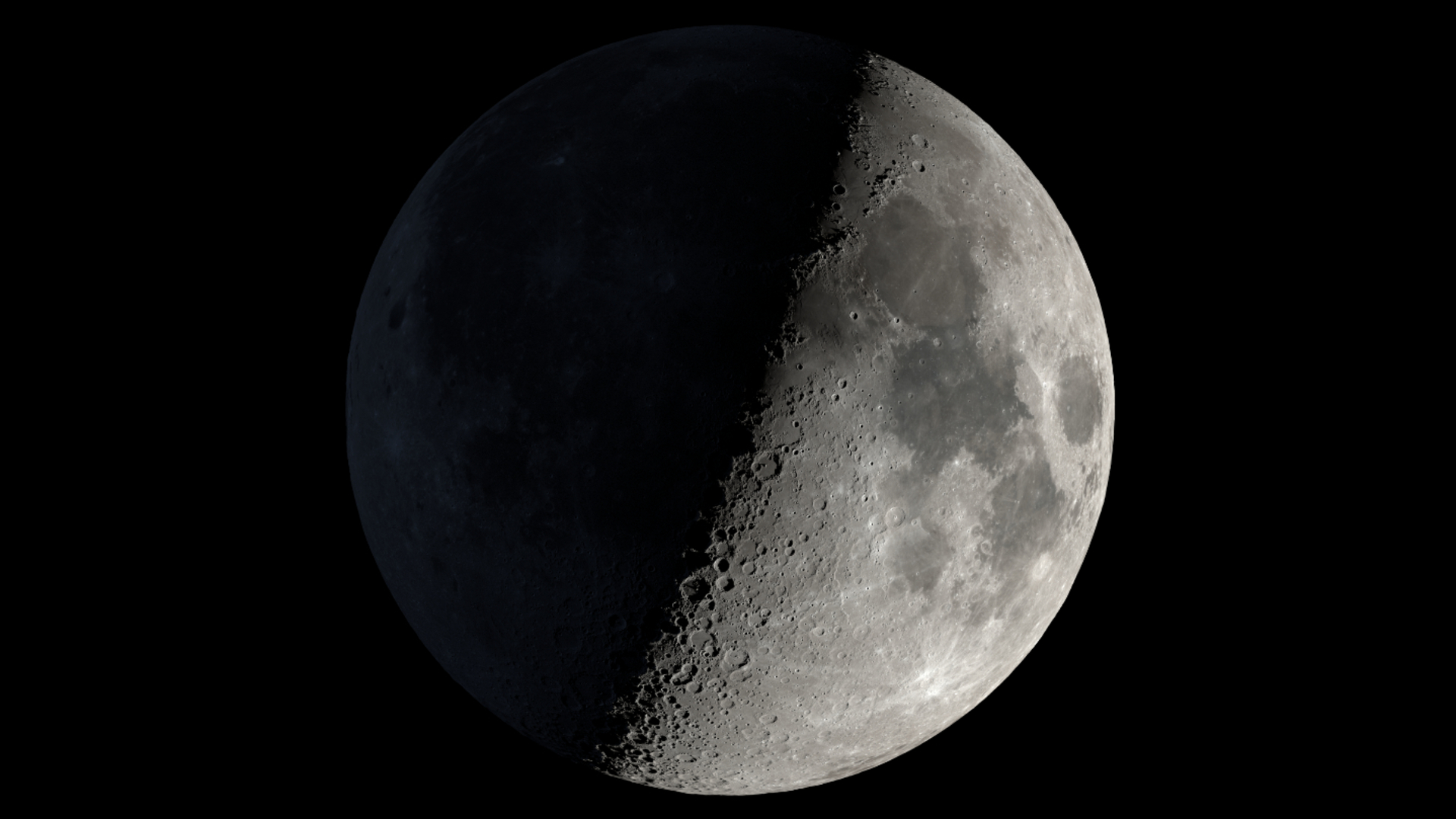This NASA-supported plant experiment will launch to space on Virgin Galactic's Unity 22 flight
The plants will be assessed for biochemistry and gene expression during a few minutes of microgravity.
Three tubes of plants will be among the experiments flying to space on Virgin Galactic's Unity space plane with the company's founder Richard Branson and his crew today (July 11).
The NASA-supported experiment will fly a flowering plant related to cabbage and mustard, known as Arabidopsis thaliana. It's a commonly used organism in space science that has been flown not only in orbit, but as far as the moon.
For Virgin Galactic, the mini-experiment will be a crucial test for the ability of human passengers to perform science experiments during the 90-minute flight. This experiment will be operated by Sirisha Bandla, vice president of government affairs and research operations at Virgin Galactic and one of the crew members on the flight.
You can watch Virgin Galactic's launch live here and on the Space.com homepage, as well as directly from the spaceflight company's website and YouTube page.
Related: How to watch Virgin Galactic launch Richard Branson to space
More: What to know about Virgin Galactic's 22 launch
"Bandla will activate three plant-filled tubes to release a preservative at critical data-collection stages during the flight: at [Earth gravity levels] before the rocket boost, just before entering microgravity, and after the conclusion of microgravity," NASA said in a statement Friday (July 9) describing the University of Florida experiment, designed by co-investigators Robert Ferl and Anna-Lisa Paul.
The experiment will release a preservative to "capture the plants' biochemistry at specific points during transitions into and out of microgravity," NASA added, "and [the] co-investigators from the University of Florida will conduct gene expression analyses on the plants in the weeks following the flight."
Breaking space news, the latest updates on rocket launches, skywatching events and more!
Ferl and Paul are veterans in the fields of space plants, starting their work in orbit with space shuttle experiments in the late 1990s. They then took the findings from these brief spaceflights, which tended to be a week or two long, to design nine experiments for the International Space Station, according to a 2019 NASA press release.
"What we learned from those early experiments was certain notions of how plants adapt to space. And then we compared that with how they behave on the ground,” Ferl said in the same statement. "That's monumental, but it doesn't tell us what happens in the transition, Ferl added, referring to the changes that take place when flying from Earth's gravity, to microgravity, and then back again.
Ferl and Paul have accordingly tested their plant adaptation during 30-second periods of microgravity aboard parabolic flights, which showed that plants tend to take to their new environment very quickly. "We could get small glimpses into the transition using fluorescent imaging to study different types of molecule signaling and look at what genes are turned off, what genes are turned on and when that happens," Paul said in the same press release.
They've also participated in several suborbital flights already, including Virgin Galactic’s SpaceShipTwo in December 2018, and a launch on Blue Origin's New Shepard in January 2019 and December 2019. The experiments were activated autonomously during these opportunities, instead of having a human astronaut perform the work.
"Our early suborbital data about how genes are responding is telling us that the calcium signaling during the transitions in gravity is working in ways we did not anticipate," Paul said. "And that, of course, is very exciting because it means there is much to learn."
Follow Elizabeth Howell on Twitter @howellspace. Follow us on Twitter @Spacedotcom and on Facebook

Elizabeth Howell (she/her), Ph.D., was a staff writer in the spaceflight channel between 2022 and 2024 specializing in Canadian space news. She was contributing writer for Space.com for 10 years from 2012 to 2024. Elizabeth's reporting includes multiple exclusives with the White House, leading world coverage about a lost-and-found space tomato on the International Space Station, witnessing five human spaceflight launches on two continents, flying parabolic, working inside a spacesuit, and participating in a simulated Mars mission. Her latest book, "Why Am I Taller?" (ECW Press, 2022) is co-written with astronaut Dave Williams.

